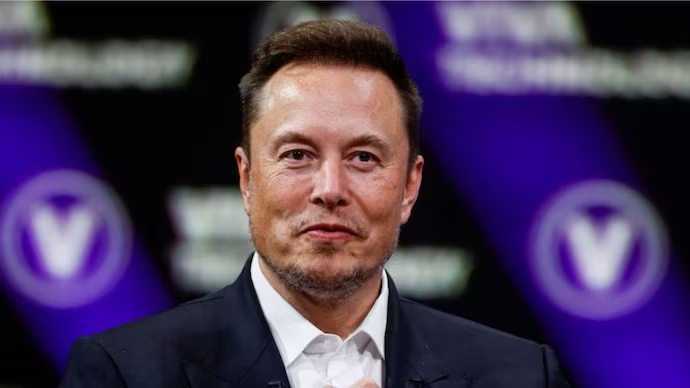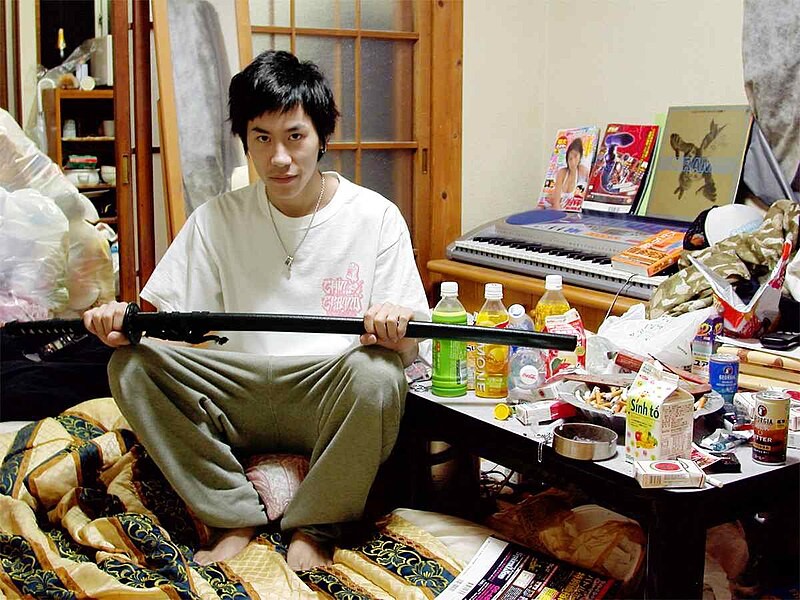Warwick Cairns, The Effectiveness Partnership, considers two powerful forces affecting the world of work: the adoption of AI and a growing ageing population.
“We are seeing the most disruptive force in history here. There will come a point where no job is needed… AI will do everything.” – Elon Musk, November 2023
‘Everything’ is maybe a slight overclaim. But in the next few years, chances are that a good deal of the stuff that middle-class professionals currently do for a living is going to be taken over by technology.
A chatbot probably won’t come around and unblock your toilet any time soon. It probably won’t fit your kitchen units for you or cut your hair. But it might replace your lawyer. It might do away with your company’s office manager or even your kids’ teachers. And, to quote the old National Lottery ad line, It Could Be You.
Because if Goldman Sachs is to be believed, 300 million white-collar workers are going to be out of a job in the near future as a direct result of Artificial Intelligence.
So it’s worth holding that thought a little, and digging into it somewhat.
It’s said that on hearing worrying news one of the most pointless (but no doubt satisfying) things you can do is to shoot the messenger, rather than dealing with the situation.
But let’s look at the messenger anyway. At 52 years old, Elon Musk is famously workaholic. He’s known to drive himself relentlessly and expects his employees to do the same. During his takeover of Twitter/X he had staff working 84-hour weeks.

Elon Musk: famously workaholic
And yet at the same time, the point where, for him, ‘no job is needed’ happened a very long time ago. Back in 1999, at the age of 27, he sold his software company Zip2 to Compaq for $307 million. $22 million of that went straight into his personal bank account.
By all normal criteria he has had no need to work since then. And yet, for good or ill, he still does.
He’s not the only one. To give an example from the world of marketing, the branding and design agency Lewis Moberly was set up in 1984 by husband-and-wife business partners Robert Moberly and Mary Lewis. Moberly, much the older of the two, was in his fifties back then. He was at an age where many of his contemporaries were already thinking about a comfortable early retirement. He saw it as a time to start something new. Today, forty years on, he still hasn’t retired. He and Mary are still actively involved in the day-to-day running of the company they founded and are continuing to win awards.
Meanwhile, 88-year-old Mary Berry is channelling her energies into her charity work and writing yet more cookbooks after being replaced, a couple of years ago, on the Great British Bake Off by a younger model, Prue Leith, who is now a mere 83.
These people engage with the world, and move forward with it.

Making way for the younger generation: Prue Leith (83), left, replaces Mary Berry (88), right
Some people have to work. But it’s clear that there are also others who don’t have to, but keep on working anyway. More than this, their numbers are growing.
According to recent research, in the UK alone there are now over 280,000 men and 168,000 women in their 70s, 80s and 90s still in work. That’s a total of almost half a million. It’s an increase of 61% in just the past ten years alone.
Partly this is because populations in developed nations are ageing. According to the Office for National Statistics, we’re likely to see an additional 8.6 million over-65s in the UK over the next half-century. That’s equivalent to roughly the population of London today. To pay for all those extra pensions, State retirement ages are increasing. In 1940, the state pension age was set at 60 for women and 65 for men. Today it’s 66 for both sexes. It is expected to rise to 67 by 2028 and to 68 at some point beyond then.
Whether by choice or through necessity, retirement is moving further away for many of us. Whether you see that as a good thing or a bad one will depend on lots of things. If you’ve spent your life doing a job you hate, then you’re probably going to be happy to have the opportunity never to have to do it ever again.
Yet at the same time, retirement also carries the risk of suffering from the loss of daily routines, physical or mental activity, social interactions and even, for some, a sense of personal identity and purpose.
You may have experienced something rather like this in 2020, in that great worldwide experiment in what happens when people stop going to work. In Japan they even have a word for the whole cultural phenomenon of people who choose never to venture out of their bedrooms. Hikikomori, they call them.

World without work: the rise of the Hikikomori
But others, meanwhile, relish the opportunity to re-engage with the world around them. It’s no accident that in Hollywood there’s a whole ‘back-to-work’ genre. The ex-boxer getting back into the ring for one more fight. The ex-band members getting back together for one more gig. Many of the later titles in Michael Connolly’s bestselling Bosch books revolve around what happens when the crusading homicide detective reaches the age where he finally has to give up his badge and gun and become a civilian once more.
From where we stand right now it’s hard to know exactly how the future will turn out once AI has had its full impact on jobs. Maybe it will all be as Elon Musk says, and we’ll all be able to swan about doing nothing while robots do everything for us. But maybe, like him, we’ll feel driven to look for ways to fill our time. Not necessarily sleeping two hours a night and buying social media networks, but seeking the fulfilment in other ways.
As Musk says:
"It's both good and bad – one of the challenges in the future will be how do we find meaning in life."

